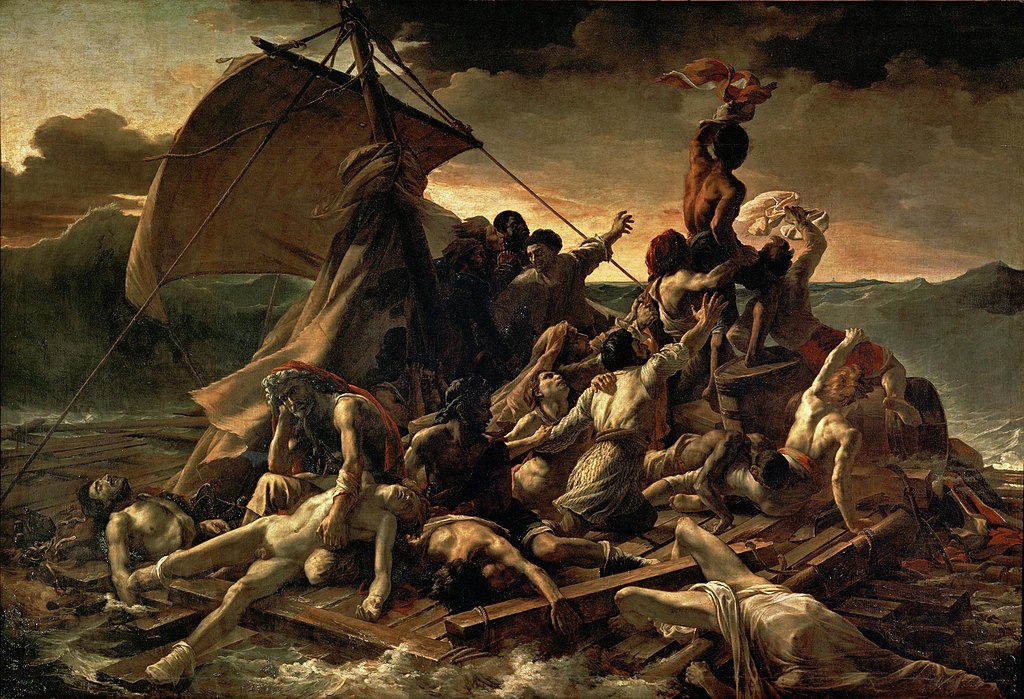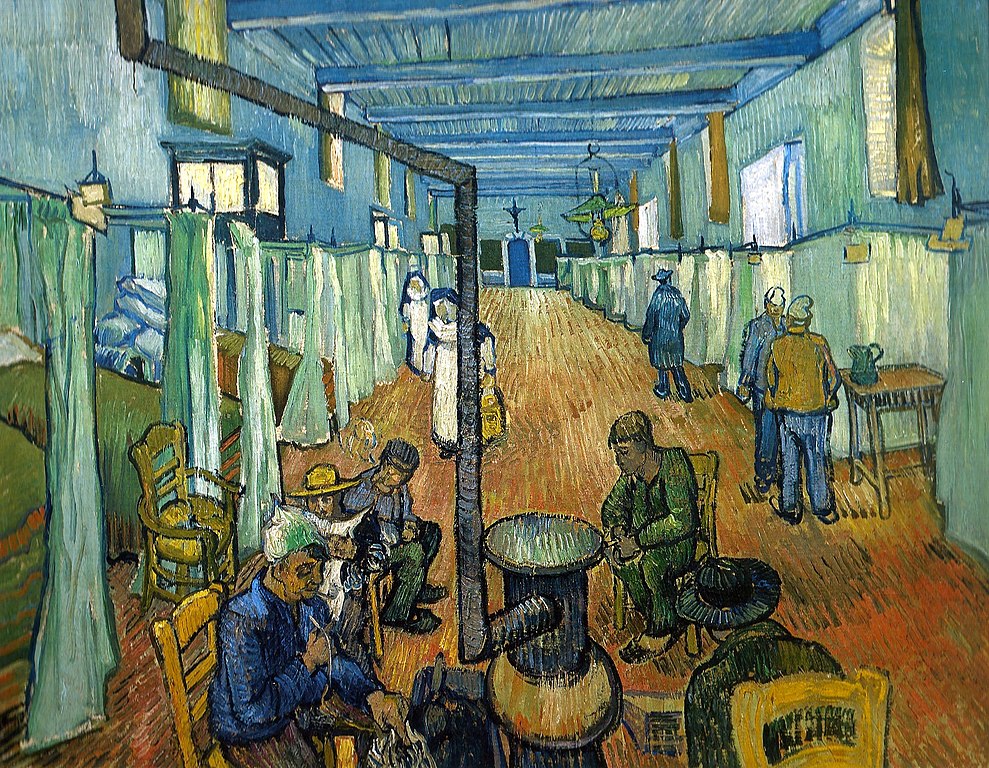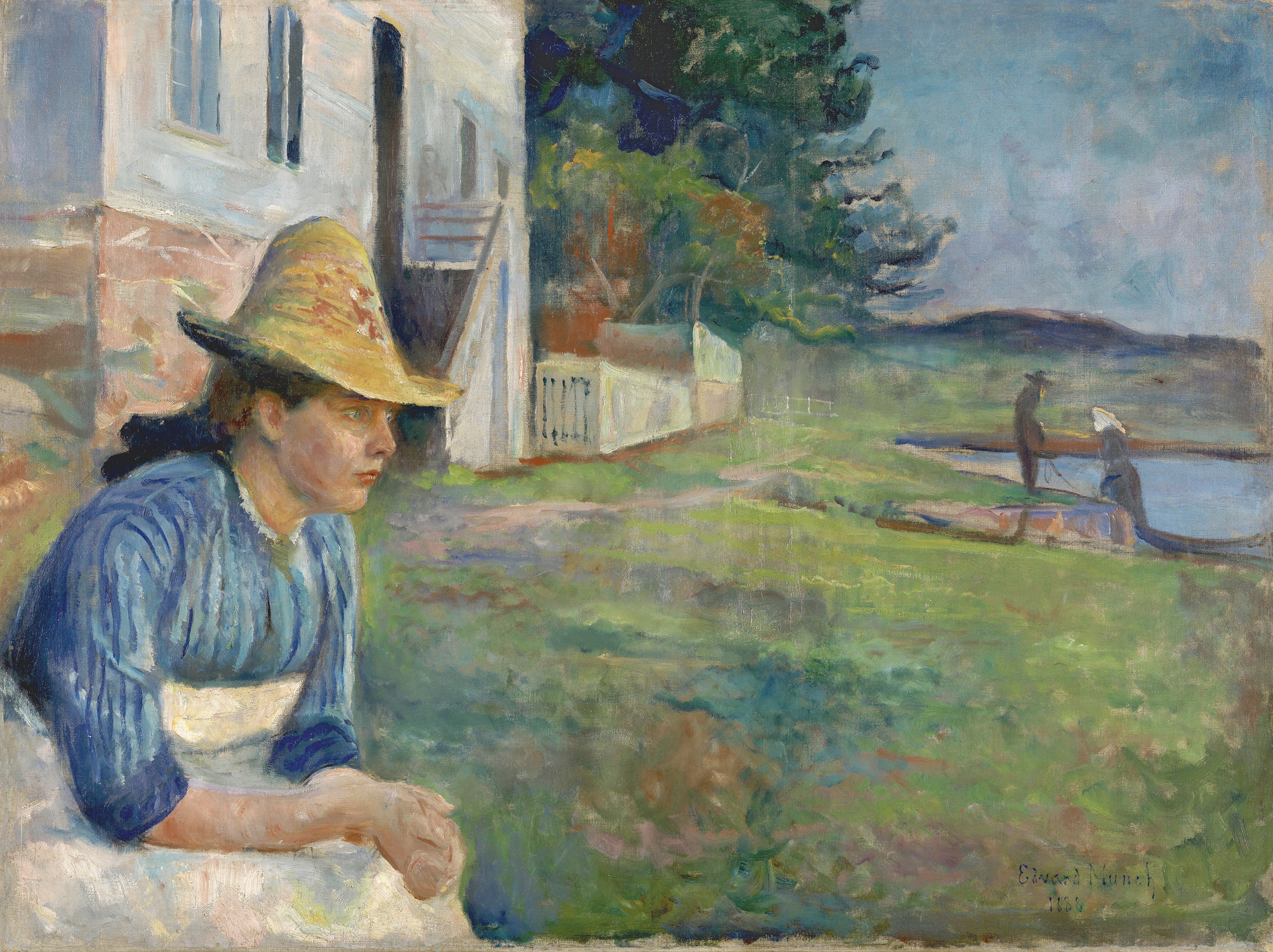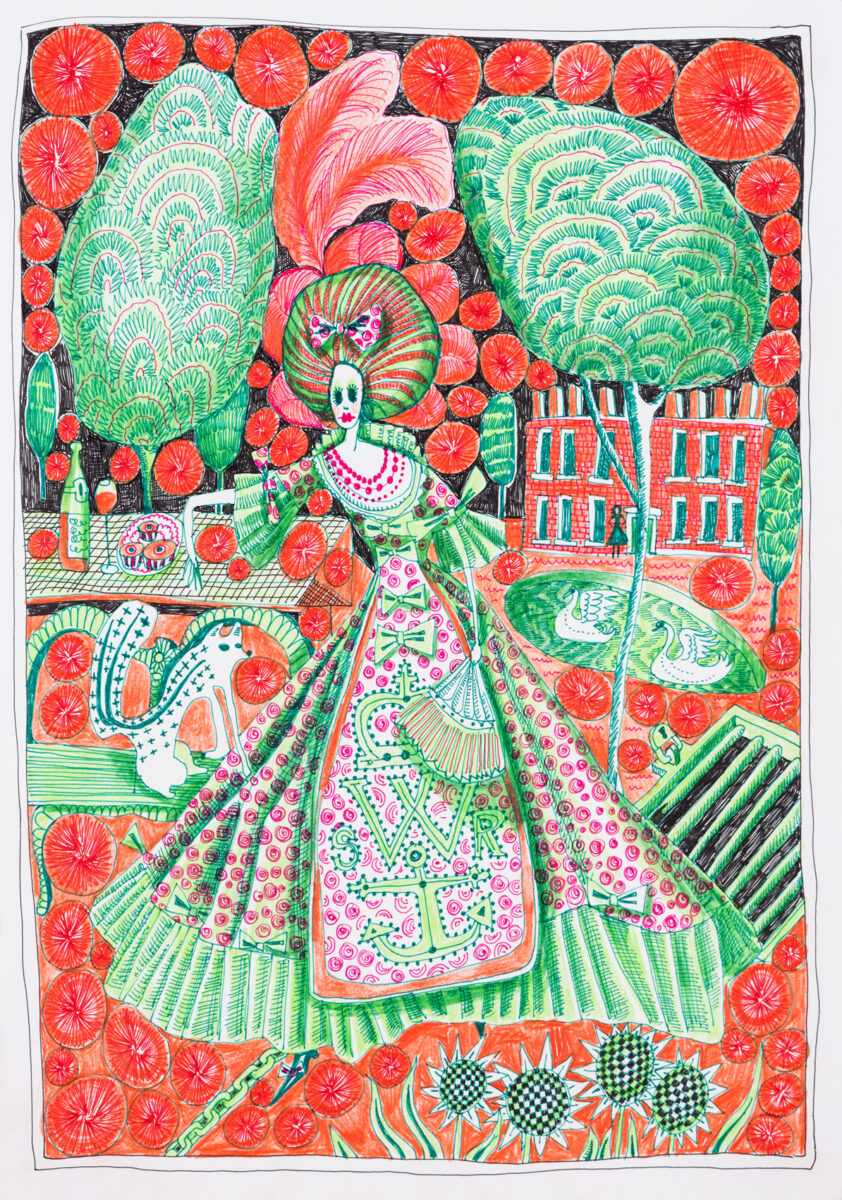
‘Do you really believe that the moon only exists when you look at it?’
It’s a great question. Do you know who asked it? It sounds rather Shakespearean, doesn’t it? It’s got a touch of the – ‘that which we call a rose by any other name would smell as sweet’ - about it.
But not so.
Interestingly, it was Albert Einstein who asked this question. He asked it again and again – unable to relax into any answer his contemporaries could offer him. He thought, at least initially, that he was asking a question about quantum physics. But he wasn’t; not really. Einstein was asking what it means to exist, what it means to be.
And that means that he was actually asking a theological question. And I, for one, would appreciate it if we would get into the habit of asking it too, just phrased a little differently. I’d like us to ask something a little like:
‘Do you really believe that the person only exists when you text them back?’
Yes, I’m imploring us all to take an Einstein-esque approach to the phenomenon of ‘ghosting’.
Ghosting, just to make sure that we’re all one the same page, is the act of abruptly and completely cutting off all forms of contact with another person, offering no form of prior warning nor any kind of subsequent explanation. To ghost someone is to perform a social cut and run, a relational dine-and-dash, if you will. This, of course, can happen in all kinds of contexts – in work situations, in friendships, and in the most niche of circumstances. There’s an incredibly popular podcast, the title of which – ‘My Therapist Ghosted Me’ - is a tongue in cheek reference to one of the presenters being inexplicably cut off by their own therapist. Ouch.
And so, ghosting causes a social injury, it inflicts a heart wound. Being ghosted, we are coming to realise, is a rejection of the most absolute kind.
But where this phenomenon is reaching astounding heights is in the context of romantic relationships. The technological age in which we live, where the majority of romantic relationships are now being initiated and established online, has meant that we’ve got ghosting down to a fine art. It’s become all too easy. And apparently, nobody is immune.
Just recently, Billie Eilish – Oscar and Grammy award winning musical genius and all-round cultural icon - explained how she had recently been the victim of an almighty ghosting. She said,
‘it was insane. I was like – “did you die? Have you literally died?” It was somebody that I’d known for years, we had a plan (to meet) and the day of… nothing. I never heard from him again.’
Imagine being ignored so suddenly and completely that your first instinct is that the person must have died, only to realise – they hadn’t died, you were just disposable to them. This is happening all of the time, there’s a generation of people who are having their sense of self and of the ‘other’ defined by this very phenomenon.
What’s incredibly interesting is that in the span of a few short years, psychologists and relationship therapists have gone from speaking of ‘ghosting’ in terms of emotional immaturity, conflict avoidance and a lack of communication skills, to regarding it as a form of cruelty and even abuse.
It is not primarily the intent of the ‘ghost’ that is causing psychologists to speak of ghosting in increasingly serious terms. Most ‘ghosts’ are cowardly, perhaps, but not sheer evil. Rather, it is the extraordinary depths of hurt that the behaviour inflicts (intended or not) upon the person who has been victim to it.
We are learning that there are all manner of harmful things that ghosting does to our brains and all kinds messages that it sends to our self-esteem. Namely, that we weren’t enough for that person, that we’ve failed somehow, that we’re disposable, that we misread the situation, that we misread them, that we’re deficient in almost every kind of way.
These lies inevitably fill the gaps left by the silence of the other person. False explanations, usually of the most self-depreciating kind, take advantage of that fact that no explanation was offered by the person who hurt us. The bewilderment itself becomes a form of torture. And so, ghosting causes a social injury, it inflicts a heart wound. Being ghosted, we are coming to realise, is a rejection of the most absolute kind.
Ghosting is the symptom of a society in which we kid ourselves into thinking that people only come to life when our thoughts turn to them or our eyes rest on them.
But I think there’s even more to it. And this is where I return to Einstein’s question, and my modern, admittedly much less cosmic, re-imagining of it. Because underneath it all, I think that ghosting is a theological issue.
To ghost someone is to act as if they do not exist because you have averted your gaze from them. It is, therefore, to deprive them of the fullness of their existence. Or, at least, to deny it. It is an act of deep diminishment. Do we really believe that the moon only exists when it is looked upon? Ghosting forces us to similarly ask – do we believe that we only exist when we are looked upon?
So, you see, it goes deep. It cuts to the core of what it means to be.
Ghosting is the symptom of a society in which we kid ourselves into thinking that people only come to life when our thoughts turn to them or our eyes rest on them. If we can’t see the suffering we’ve caused, it isn’t happening. If we’ve cut someone out of our life, they aren’t existing. At least, we can behave as if they aren’t.
One could argue that it’s a form of dehumanization, one that’s hidden in plain sight.
And that, alongside all of the other reasons (or perhaps undergirding them), is the reason that I think being ghosted cuts us to the core; it brings into question the very reality of our existence.
‘Do you really believe that the moon only exists when you look at it?’
Einstein’s question may feel a little abstract but it’s actually as tangible and personal as it gets.










